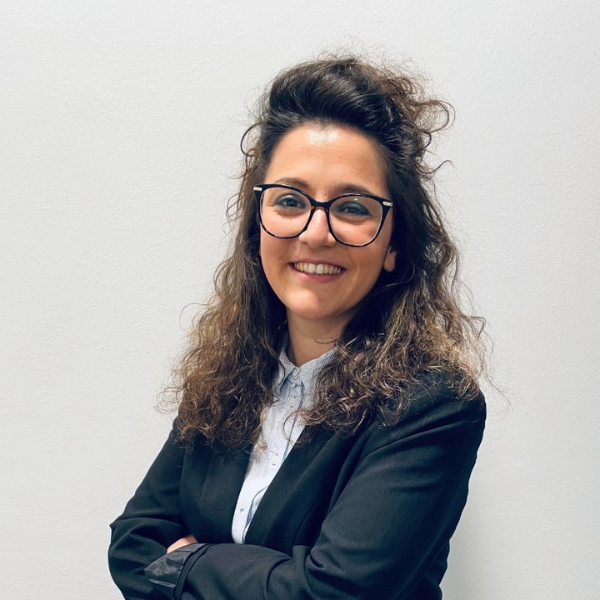Switzerland
Researcher (scientific/technical/engineering)
Date of the expedition
From 04/01/2025 to 01/05/2025
Selected Track
Paired Teams
Project title
READMe: Relational Event Anomaly Detection Model
Host Organization
McGill University
Media
Biography
I am Martina Boschi, third-year PhD Candidate in Computational Science at Università della Svizzera italiana (USI), currently visiting researcher at McGill University. My research focuses on network science, particularly statistical modeling of time-stamped relational data. I serve as teaching assistant and actively contribute to outreach efforts for the BSc in Data Science program at USI. I hold BSc and MSc degrees in Statistical Sciences (cum laude) from University of Bologna and have received several grants, including the Erasmus+ at Université Paris 2, SEMP grant at USI, and NGI Enrichers Fellowship at McGill. These opportunities have provided me with experience across Europe and North America.
Project Summary
The project aims to develop a fully interpretable relational event model for detecting anomalous transactions by identifying the key factors driving fraudulent and conventional processes. It faces two main challenges: first, to formulate an innovative method that stands out from the extensive existing literature on the topic; second, to deal with the computational limitations that make relational event models less competitive than modern deep learning approaches. To address the first challenge, the project prioritizes transparency and interpretability — qualities often lacking in deep learning methods. For the second challenge, the focus will be on reducing the cost associated with computing endogenous drivers. The balance between performance and interpretability is central to the project’s innovation.
Key Result
The project is progressing along two key dimensions: performance and interpretability. For performance, I collaborated with my host professor, Eric D. Kolaczyk, leveraging his expertise in network science to address computational challenges of relational event models. We designed a pipeline and derived theoretical results, which we are now implementing in practice. A preliminary draft of the corresponding paper is expected by the end of the expedition. On the interpretability side, we developed an initial approach for scenarios with labeled data — where anomalies and conventional cases are known. We are now focusing on the more common and challenging case of unlabeled data, working to extend our solution to handle this setting effectively.
Impact of the Fellowship
- Strengthening research collaboration with Canada: this fellowship fostered strong collaboration between my home and host research groups, enabling me to leverage their complementary expertise. In particular, the host group’s deep knowledge of network science was essential for developing an effective solution to a well-known challenge in relational event modeling — a challenge frequently encountered in my home group’s ongoing research.
- Building solid connections and partnerships in Europe and in the US/Canada: this fellowship provided me with the opportunity to work in a new research environment, connect with researchers in Montréal, but also to expand my network to the US. I am currently planning two research visits to the University of Wisconsin–Madison and Carnegie Mellon University, where I will have the opportunity to present my ongoing work. This is an exciting and significant step forward in my PhD journey.
- Paper submission for further publication – indicate, only EU author(s), or jointly with the host organization: a preliminary draft of a paper focusing on the project’s computational aspects is expected to be completed by the end of the expedition.
- Conference attendance with paper/poster/ proceedings: I submitted an abstract to “SUNBELT 2025 – Social Networks, Mechanisms, and Algorithms” based on the project’s computational results found during the first part of the expedition.
- Career advancement: this fellowship has significantly contributed to my professional growth by enhancing my research skills, expanding my academic network, and fostering international collaborations.

